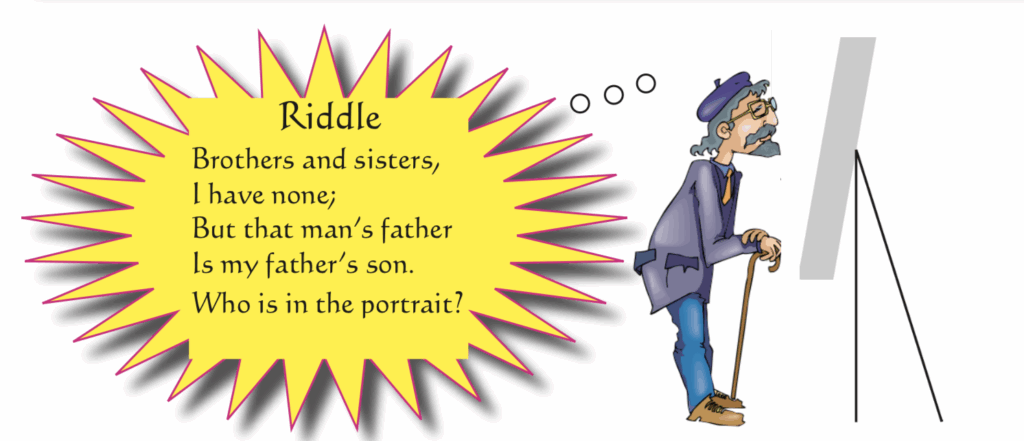
The essence of abstract thinking is the ability to recognize from one or more experiences a single generalized pattern. For example, if you put your hand into a fire, you suffer pain and from that specific instance, you learn that if you stick your hand in that flame you will suffer pain. The next time you see a fire, you stick your hand in the flame and again suffer pain. From two or more such observations, you conclude that if you stick your hand into any flame you will suffer pain. You reach an abstract conclusion: Flames are hot and burn the hand if inserted. This applies to all flames.
Later, you observe a fire-eater at the circus swallowing flames without any evidence of pain. You later learn that the substance producing that flame involved the combustion of a substance at temperatures below the pain threshold. You now revise your abstract conclusion to: Flames resulting from the combustion of certain substances burn the hand if inserted. Through a series of individual experiences, we abstract general principles that enable us to predict what will happen in situations that we will later encounter.
The ability to abstract took a giant leap with the development of symbolism–especially mathematics. This enabled us to move beyond the cumbersome limitations of natural language and move efficiently to more general patterns. For example, consider the riddle presented above. Replace the phrase, “my father’s son” in the fourth line with the variable x. Who is “my father’s son?” If I have no siblings, my father’s son is “me”. So, I can replace x in the riddle with the phrase “me.” The fourth line now reads, “That man’s father is me.” So the person in the portrait is the observer’s son.
By generalizing experiences into abstractions and then expressing those abstractions symbolically, as equations, functional relationships or computer programs, we are able to make predictions and discover new relationships that we never observed directly. For example, Einstein’s discovery of the mass-energy equivalence was derived from his assumptions of Special Relativity and the Lorentz transformations.
Mathematical modeling is the basis of virtually all the sciences, as well as investment and finance, economics, and marketing. In literature, abstraction is manifest in the use of metaphor. Human behaviors described by Shakespeare, Tolstoy and Shaw are general characterizations that apply in our world of experience. Both art and music are representations of objects, events or moods.
Abstract thinking acts as a cognitive engine that powers deep understanding, cross-domain reasoning, and the ability to work with complexity. It underpins innovation in math and science and enables critical analysis in the humanities. Without it, we’d be stuck dealing only with what we can directly see or touch—limiting our capacity to understand, predict, or create.
